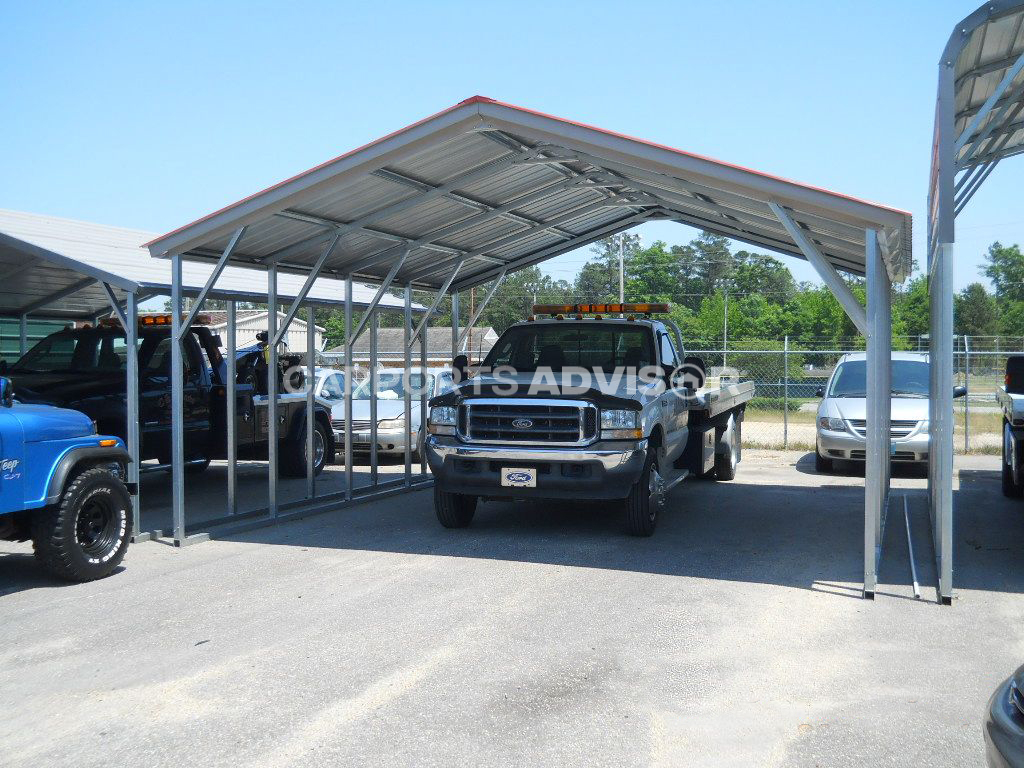Heat pumps are versatile heating and cooling systems. Heat pumps extract warmth from the air, ground, or water, making them energy-efficient and environmentally friendly. Floor-mounted heat pumps play a significant role in maintaining comfortable indoor temperatures throughout the year. Floor-mounted heat pumps have unique installation methods and are perceived to have higher costs. These heat pump units are installed at ground level and provide flexibility in placement making them suitable for various spaces. Concerns often arise regarding their initial investment compared to the best floor-mounted heat pump nz.
The perceived higher cost of floor-mounted heat pumps is often attributed to factors such as floor-mounted heat pump Installation, additional materials required for mounting and the specialized design of these units. This post from Air Perfection Ltd will insights into the comprehensive understanding of floor-mounted heat pumps. Let’s explore “Why are Floor Mounted Heat Pumps More Expensive? “
About Floor Mounted Heat Pumps
Floor-mounted heat pump systems are heating, ventilation, and air conditioning (HVAC) solutions designed to be installed at or near ground level. Unlike traditional wall-mounted or ducted systems, these units are placed closer to the floor, providing a distinctive heating and cooling option. Floor-mounted heat pumps typically consist of an indoor unit, an outdoor unit, and a refrigerant line connecting the two.
Advantages and Disadvantages of Floor-Mounted Units
Advantages:
- Flexibility in Placement: Floor-mounted units offer versatility in terms of installation locations, as they can be placed against walls or corners without needing elevated wall space.
- Efficient Heating and Cooling: The proximity to the floor allows these units to effectively distribute warm or cool air throughout the room, ensuring more even temperature control.
- Ease of Maintenance: Floor-mounted units are generally more accessible for cleaning and maintenance, simplifying routine care and servicing.
Disadvantages:
- Perceived Higher Cost: The installation cost of floor-mounted units may be higher than other heat pump options due to additional materials and installation complexity.
- Visible Presence: Some individuals may find the appearance of floor-mounted units less aesthetically pleasing compared to concealed or wall-mounted alternatives.
Factors Contributing to Higher Costs
Design and Construction Considerations
- Materials Used in Floor-Mounted Heat Pumps: High-quality materials, including advanced components and durable casing, contribute to the perceived higher cost of floor-mounted heat pumps. These materials enhance the unit’s longevity and overall performance.
- Structural Modifications for Installation: The need for structural modifications, such as flooring alterations or mounting brackets, can contribute to increased costs. These modifications are necessary to accommodate the unique placement of floor-mounted units.
Efficiency and Performance
- Enhanced Technology and Features: Floor-mounted heat pumps often incorporate advanced technologies and features, such as variable-speed compressors, smart thermostats, and zone control. While these enhancements improve efficiency and performance, they can contribute to a higher upfront cost.
- Energy Efficiency Ratings and Environmental Considerations: Higher energy efficiency ratings, often associated with floor-mounted heat pumps, contribute to reduced long-term operational costs. However, the initial investment may be higher due to incorporating environmentally friendly refrigerants and cutting-edge energy-saving technologies.
Installation Complexities
- Professional Installation Requirements: Floor-mounted heat pumps require professional installation to ensure proper placement and optimal performance. The need for skilled technicians contributes to the overall installation cost.
- Specialized Expertise and Skills Needed: Installing floor-mounted units may require specialized skills, particularly in adapting the system to the unique requirements of individual spaces. This expertise can contribute to higher installation costs.
Long-Term Benefits and Cost Savings
- Energy Efficiency and Reduced Utility Bills: The higher upfront cost of floor-mounted heat pumps is often offset by long-term energy savings. These units typically boast higher energy efficiency, leading to reduced utility bills over time.
- Durability and Longevity of Floor-Mounted Heat Pumps: Quality materials and construction contribute to the durability of floor-mounted heat pumps. Their longer lifespan can justify the initial investment by reducing the frequency of replacements or major repairs.
- Maintenance Considerations and Associated Costs: While maintenance is crucial for any HVAC system, floor-mounted units may have lower maintenance costs due to easier accessibility. Regular servicing ensures optimal performance and extends the lifespan of the system.
Comparing Floor-Mounted Heat Pumps to Alternatives
- Cost Comparison with Other Heat Pump Types: Evaluating the upfront costs of floor-mounted heat pumps against alternatives, such as wall-mounted or ducted systems, provides a comprehensive understanding of the financial implications.
- Evaluation of Performance and Efficiency Differences: Assessing the performance and efficiency of floor-mounted units compared to alternative heat pump types helps consumers make informed decisions based on their specific needs and priorities.
- Consideration of Long-Term Value and Return on Investment: Considering the long-term value and return on investment involves weighing the initial costs against the anticipated energy savings, durability, and overall performance of floor-mounted heat pumps compared to other options.
Conclusion
In conclusion, floor-mounted heat pumps present a compelling option for those seeking efficient and flexible HVAC solutions.
By carefully weighing the initial costs against the long-term benefits and consulting with professional Floor Mounted System Installers. Users can make informed choices that align with their preferences, promote energy efficiency, and contribute to a comfortable and sustainable indoor environment.











